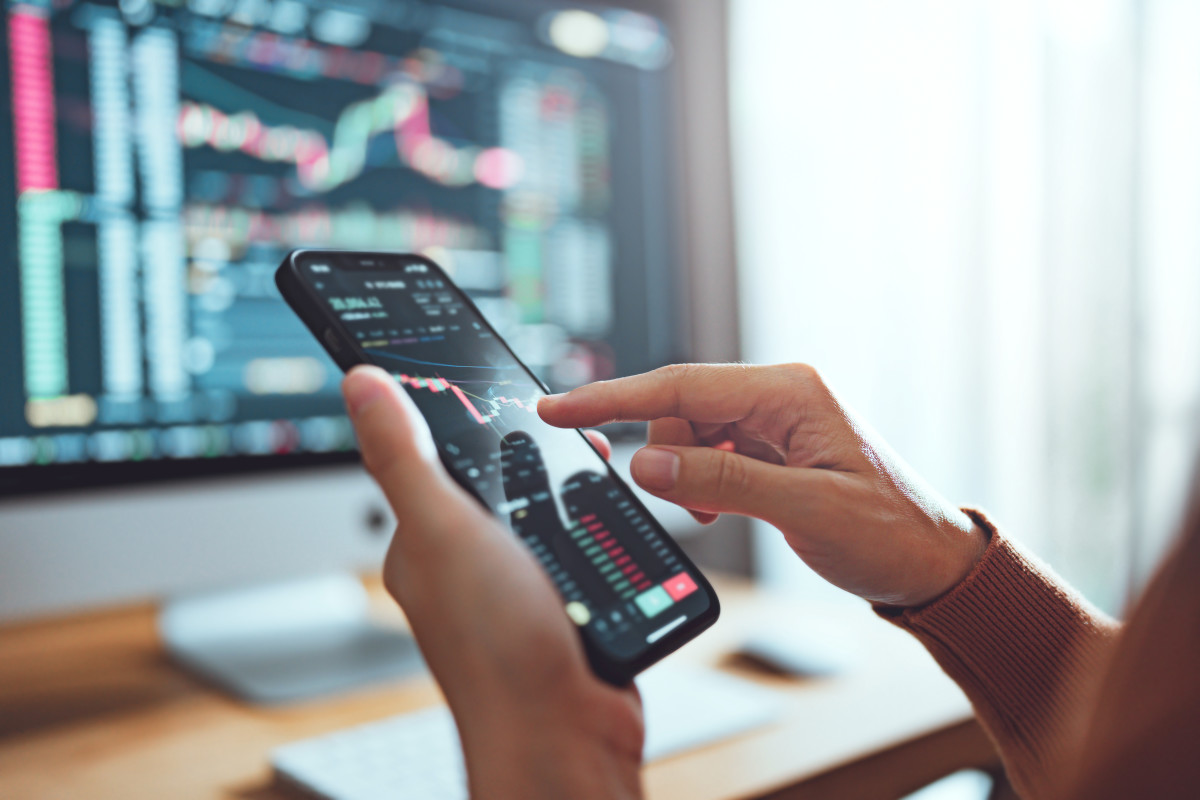
There’s a growing disconnect between how the economy is faring and how people are feeling about the economy. While the economy may be showing signs of improvement, many Americans are still feeling doom and gloom. Kyla Scanlon, author of ‘In This Economy?’ and the creator of the term ‘vibecession’ joined TheStreet to explain this phenomenon.
Full Video Transcript Below:
CONWAY GITTENS: You're famous for coining the term vibecession. What is a vibecession?
KYLA SCANLON: Yeah so a vibecession is a disconnect between consumer sentiment and economic data. So it's the idea that people are feeling worse about the economy than the economy would suggest. There's a lot of reasons for it. Structural affordability is a big one. Like there are reasons that people feel bad housing crisis, elder care, child care costs. One could point to media headlines as also being a reason that people feel bad. But really it's just meant to dive a little bit deeper into why people feel bad. And then, of course, start a conversation about how they could feel better.
CONWAY GITTENS: So are we in a vibecession?
KYLA SCANLON: We have been in a vibecession, I think, for a while now. The piece came out about two years ago and it was worse then. I think. Now the economy is showing signs of slowing. The labor market has shown signs of weakness. Inflation is slowing down, but it's still sticky in some spots. GDP is weakening. But what's funny about all of this, it's not funny funny, but consumer sentiment has actually ticked up, so we're still in somewhat of a vibecession, but not how it used to be.
Watch More Interviews:
- Dave Ramsey: It's not the market's fault you can't buy a house
- Prioritize purpose over profit for success, says entrepreneur
- Kara Swisher issues stark warning to the media
- Why one doctor turned to AI to 'dysolve' dyslexia
CONWAY GITTENS: So why are we seeing such a disconnect between the realities of the economy and the realities of how people feel?
KYLA SCANLON: Well, one could - there's a lot of different reasons. I think one could say that perhaps the economic metrics aren't fully capturing how people are feeling. Like is GDP actually a measure of happiness. Probably not, right. It is a measure of consumer spending and maybe spending is a measure of happiness. But I think there's a lot to say about the numbers that we're using. And then I think also we are sort of in a time of immense uncertainty and immense uncertainty is going to come with an element of doom and gloom. And so I think that also has a big part to play.
CONWAY GITTENS: So what's the one thing that you think most people are misunderstanding about the state of the economy right now?
KYLA SCANLON: I think the main thing that people are missing about the economy right now is just something that happens with the human experience where you have trouble parsing out the short term and the long term. So I think a lot of people want the problems that we're facing to be fixed right now. But the housing crisis is decades in the making. Inflation has been, you know, a five year, four year long problem. You know, the labor market is cyclical. So I think people want immediate solutions to problems that are just going to take a lot of time to fix. And there's a lot of effort being put forward to fix them. But it just takes time. And I think that time is extremely expensive, right. It's expensive to wait. It's expensive to be patient and it's hard to be patient as well.







